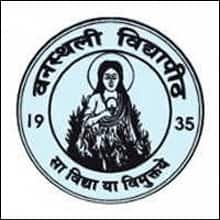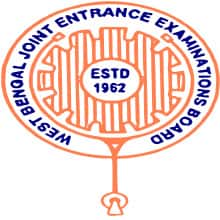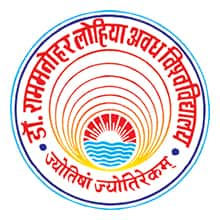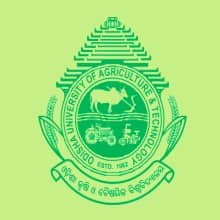Showing 66 Exams
online
State Level Exam
1 Time/year
Sri Venkateswara University Tirupati
26 Accepting Colleges
8 Feb'26 -8 Mar'26 - Application Date | Online
Eligibility | Application | Exam Pattern | Mock Test | Exam Centre | Admit Card | Result | Answer Key | Counselling | Dates | Syllabus | FAQs
online
National Level Exam
1 Time/year
National Testing Agency (NTA)
127 Accepting Colleges
5 Mar'26 -26 Mar'26 - Exam Date | Online
Eligibility | Application | Exam Pattern | Question Paper | Mock Test | Preparation Tips | Admit Card | Answer Key | Result | Cutoff | Dates | Syllabus | FAQs

online
National Level Exam
1 Time/year
Regional Centre for Biotechnology
1221
online
National Level Exam
Indian Institute of Science Bangalore
49 Accepting Colleges
19 Mar'26 -19 Mar'26 - Result Date | Online
Answer Key | Question Paper | Result | Cutoff | Counselling | Admit Card | Preparation Tips | Mock Test | Exam Pattern | Application | Eligibility | Dates | Syllabus | FAQs
online
National Level Exam
1 Time/year
National Institute of Science Education and Research
4 Jan'26 -6 Apr'26 - Application Date | Online
Eligibility | Application | Exam Pattern | Admit Card | Exam Centre | Preparation Tips | Question Paper | Answer Key | Result | Counselling | Cutoff | Dates | Syllabus | FAQs

online
University Level Exam
PES University
2 Accepting Colleges

offline
University Level Exam
Banasthali Vidyapith
1 Accepting Colleges
offline
State Level Exam
1 Time/year
West Bengal Joint Entrance Examinations Board
1 Accepting Colleges
University Level Exam
1 Time/year
Acharya Nagarjuna University, Guntur
1 Accepting Colleges
Eligibility | Application | Exam Pattern | Admit Card | Result | Cutoff | Counselling | Syllabus | FAQs
University Level Exam
Apeejay Stya University

offline
University Level Exam
1 Time/year
West Bengal Joint Entrance Examinations Board
1 Accepting Colleges
Eligibility | Application | Exam Pattern | Admit Card | Preparation Tips | Result | Counselling | Syllabus | FAQs

University Level Exam
Dr. Rammanohar Lohia Avadh University
60

offline
University Level Exam
South Asian University
offline
State Level Exam
1 Time/year
Chattisgarh Professional Examination Board
10 Jun'26 -10 Jun'26 - Exam Date | Offline
National Level Exam
1 Time/year
National Institute of Nutrition
online
University Level Exam
1 Time/year
Forest Research Institute
online
University Level Exam
1 Time/year
Vijaybhoomi University
2 Accepting Colleges
Eligibility | Exam Pattern | Admit Card | Preparation Tips | Result | Cutoff | Counselling | Syllabus | FAQs

University Level Exam
1 Time/year
Orissa University of Agriculture and Technology
University Level Exam
1 Time/year
Amrita Vishwa Vidyapeetham
offline
State Level Exam
1 Time/year
Maharashtra Council of Agricultural Education and Research (MCAER) Pune
28 Jan'26 -23 Feb'26 - Application Date | Online